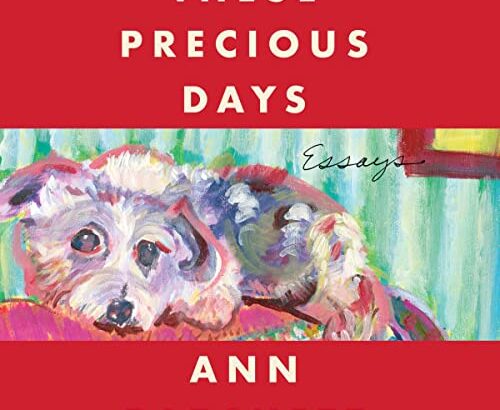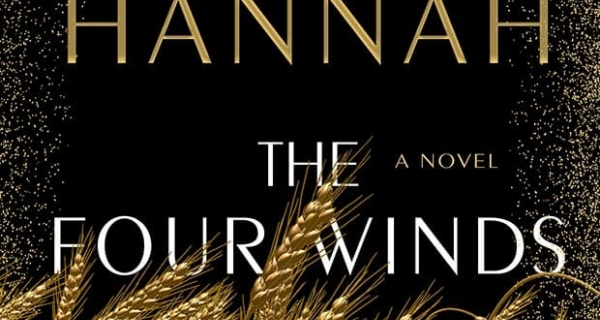Ann Patchett’s recent collection of essays, These Precious Days, is a tour de force that traverses a wide range of themes and the author’s life experiences. There is, however, a weighty thread running through the book, which reads more as a personal memoir than an essay collection – mortality, particularly in connection to the pandemic and the last several years.
In the book’s introduction, entitled “Essays Don’t Die,” Ms. Patchett, a prolific novelist, explains that when she is working on a novel, “were [she] to die, [she’d] be taking the entire world of [her] novel with [her]”, and “the thought of losing all the souls inside [her] was unbearable.” On the other hand, essays offer a way out: “death,” she notes, “has no interest in essays.” Hence, These Precious Days is a collection borne out of 2020, the COVID-19 pandemic, and the resulting inability to avoid our own mortality. “Death always thinks of us eventually,” she writes, adding that “the trick is to find the joy in the interim, and make good use of the days we have.” Ms. Patchett’s essay collection is a tabulation of that joy.
The essays themselves are vivid without being florid, and poignant, but certainly not saccharine. They are humorous at times, and melancholy at others. They offer a small window into Ms. Patchett’s childhood, education, writing process, and personal life, touching on her family, relationships, bookstore, and even her knitting. One of my favorite essays, titled “Reading Kate DiCamillo” is a reflection on children’s literature from an adult reader’s perspective. (Ms. Patchett writes: “These books had given me the means to look backwards. I marveled at the resilience of children who were strong enough to read such sad and beautiful novels full of prisons and dungeons and hunger and sorrow and knives.”)
“These Precious Days,” the book’s title essay, is simultaneously the unlikely story of how Ms. Patchett and her husband spent quarantine with Sooki Raphael, who happened to be Tom Hank’s assistant, and a meditation on life, death, and the human experience. Though the essay could gleam with the star power of the celebrity names included in it, it instead ends up being a real and tender story of regular people. Ms. Patchett notes in the introduction that this “essay was so important to me that I wanted to build a solid shelter for it” (These Precious Days, the book, being the result). It is the longest essay in the book, pithy and raw in a way that stings, and I stayed up reading it into the early hours of the morning because I could not stop in the middle.
Though death is a current present throughout These Precious Days, “the river that ran underground, always,” the essay collection is ultimately about life, and the people and moments to be cherished. It is a beautifully-crafted literary reminder in trying times that, even when death and shadows lurk, there is still life, and there is still joy.












